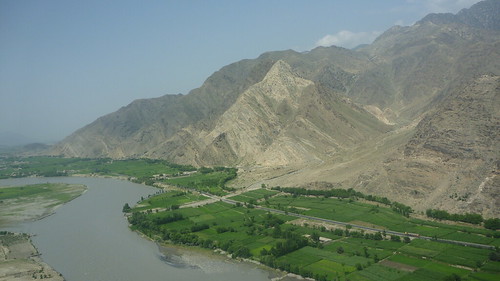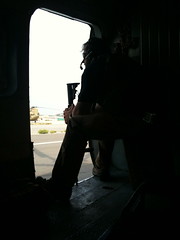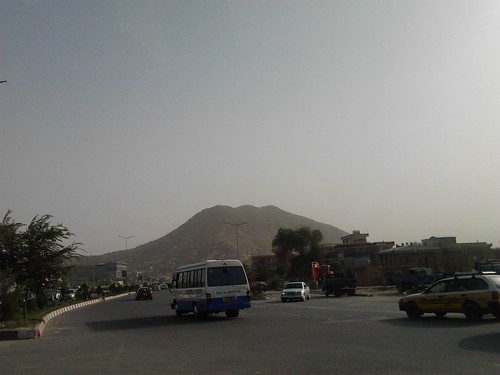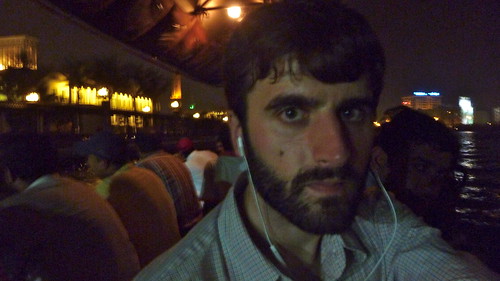“Does it have any impact,” a friend recently asked me, “giving video training to different groups in Afghanistan for only 1 week?”

If by impact he meant does anything get learned that will be useful to the students now and in the future, then my answer is yes. In the short span of 4 to 6 days, I watched as young adults in Western and Eastern Afghanistan made visible strides forward in the world of creating video reports and telling stories. From camera work to editing, from the planning to the telling of a story, each person’s abilities saw some improvement.
For those who already had experience in the world of media, we were able to address skills they had been wanting to develop to further help them at their jobs. Maybe someone who already worked in radio, learned the missing basics in video so that they could now do both at their work place. Another example were those who worked at issue focused non-governmental organizations, if their employers had not yet made use of video material to highlight or promote their work, after this training these individuals could now implement such activities.
Of course the context is Afghanistan, where education is not always so easily accessible and specialized. Where many are unemployed and eager to learn new skills, even if it is not clear how or when these skills will make a difference in their professional lives. In such cases they walk away familiar with another area of media production, another ability they can call upon later. In fact, through centers like the ones these trainings were hosted by, the same students who attended our sessions, could continue working on stories and practicing what they’ve learned on their own or in a group setting. The necessary equipment; basic ingredients like electricity, computers, cameras, and even internet access, are all available for use.
Wouldn’t it be wise to have followup where we return and build upon what we’ve started? Sure, that would be nice for students as well as we the teachers. But again, in the context of Afghanistan, we also know it is a major cost to bring in foreigners to a land where transport, security, lodging, etc, don’t come cheap. With the money spent on having trainers come from outside, the center could theoretically have bought more equipment for students and more gas for the generators to power that equipment. As much as I’d love to come back to Afghanistan to teach again, as much as I love sharing my journalism experience with students there, I also see how if we could help ensure that qualified trainers could be found within the country, this could help make an even more significant impact for even more future students.
But beyond this discussion, even beyond the struggles of a vegetarian health-nut in regions that have no concept of either term, it was once again a pleasure and a privilege to get to work in a country as interesting as Afghanistan. A big part of what makes it so, are the people, from the organizations that we get to know, to the students in the classroom, and lets not forget all the fellow workers at the guest houses that become friends along the way. These people mixed in with the sights and smells, yes even the bad ones, make for an unforgettable learning experience and adventure of the sort few people on this planet get to have.
Once again, thank you friends in Afghanistan. Your personal missions and collective kindnesses are the biggest inspiration I have ever known.
 From the moment we step into the belly of the chopper I’m mesmerized by all the Russian writing and the obvious fact that since this thing was manufactured, back around 1961, very little seems to have changed. “If I give a signal it means we’re going to land hard so just put your arms up and lean forward like this,” our easy going flight chief shows us, as his machine gun dangles at his side. Minutes later we’re floating above the city and racing, as much as such relics can race, along the path to Jalalabad.
From the moment we step into the belly of the chopper I’m mesmerized by all the Russian writing and the obvious fact that since this thing was manufactured, back around 1961, very little seems to have changed. “If I give a signal it means we’re going to land hard so just put your arms up and lean forward like this,” our easy going flight chief shows us, as his machine gun dangles at his side. Minutes later we’re floating above the city and racing, as much as such relics can race, along the path to Jalalabad.
